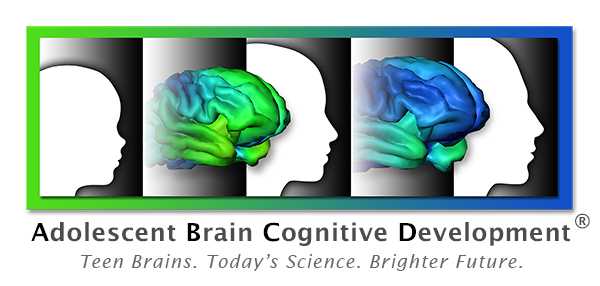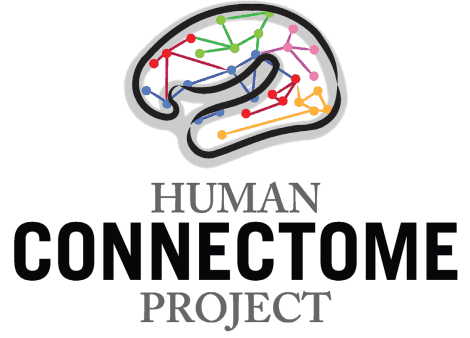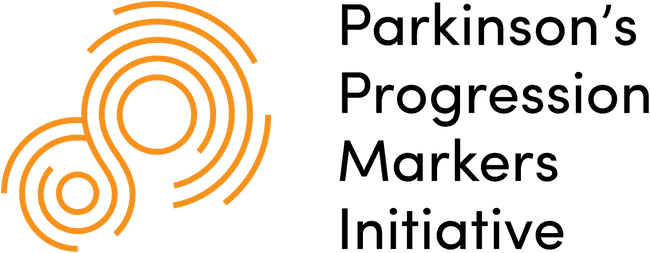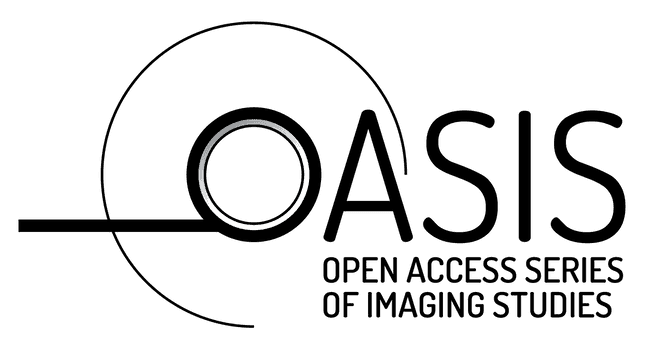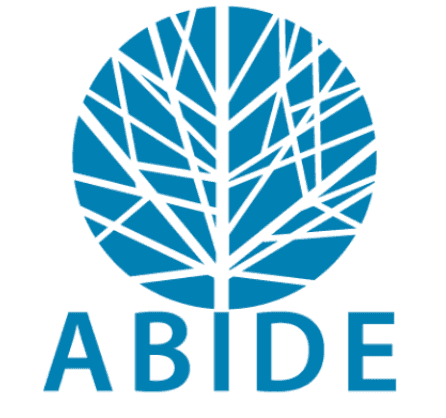Adolescent Brain Cognitive Development Study (ABCD)
The Adolescent Brain Cognitive Development (ABCD) Study is a longitudinal investigation examining brain and cognitive development in U.S. youth. It monitors approximately 12,000 participants, initiated at ages 9-10, with females comprising 47.8% of the sample. Central to the study is its neuroimaging data. Every two years, MRI assessments are conducted to analyze various aspects of the brain, including T1 and T2 weighted imaging for brain structure, diffusion imaging to evaluate white matter integrity, and resting state functional connectivity. Additionally, functional MRI is used to study a range of cognitive and emotional tasks.
Philadelphia Neuroimaging Cohort (PNC)
The Philadelphia Neurodevelopmental Cohort (PNC) is a collaborative initiative between the University of Pennsylvania's Brain Behavior Laboratory and the Center for Applied Genomics at the Children’s Hospital of Philadelphia. The cohort comprises over 9,500 individuals, aged 8-21, from the greater Philadelphia area who were patients at the CHOP network. All participants underwent neuropsychiatric assessments using the Computerized Neurocognitive Battery (CNB). A subset of 1,445 underwent comprehensive neuroimaging, which incorporated functional MRI (both resting state and task-based), structural MRI, and diffusion tensor imaging (DTI), all on a consistent Siemens Tim Trio 3 Tesla scanner.
Human Connectome Project (HCP)
The Human Connectome Project (HCP) data release encompasses high-resolution 3T MR scans from 1,200 young healthy adult twins and non-twin siblings, aged 22-35. This collection consists of four primary imaging modalities: structural images T1w and T2w, resting-state fMRI, task-fMRI, and high angular resolution diffusion imaging. All subjects underwent behavioral assessments. A subset of 200 subjects also underwent 7T MR scans, while 95 individuals have resting-state MEG and/or task MEG data. The Open Access Dataset offers both imaging data and the majority of behavioral data.
Parkinson's Progression Markers Initiative (PPMI)
The Parkinson’s Progression Markers Initiative (PPMI) is a multi-center, longitudinal study dedicated to understanding the progression of Parkinson’s disease. Central to its efforts is a vast collection of neuroimaging data, which includes DTI, MRI, and PET scans. This data is derived from a diverse cohort of 3,810 subjects, broken down into 309 controls, 1,385 PD patients, 81 with SWEDD, 2,026 prodromal, and 9 AV133. Within this group, there are 1,768 females, 2,038 males, and 4 of unknown gender. By harnessing this extensive dataset, PPMI aims to identify crucial markers of disease progression, paving the way for more informed therapeutic interventions
Open Access Series of Imaging Studies (OASIS)
The Open Access Series of Imaging Studies (OASIS) offers diverse neuroimaging datasets to the research community. OASIS-1 is a cross-sectional collection featuring 416 subjects aged 18 to 96, primarily providing T1-weighted MRI scans, with a certain portion diagnosed with Alzheimer's disease. OASIS-2 presents a longitudinal assembly of 150 older adults, delivering multiple T1-weighted MRI sessions and detailing the cognitive trajectories of its participants. OASIS-3 is an extensive compilation from 1378 participants, which includes varied imaging modalities such as T1w, T2w and resting-state functional MRI. Lastly, OASIS-4 is a unique clinical cohort of 663 subjects who underwent comprehensive clinical, neuroimaging, and neurospychometric assessments.
Autism Brain Imaging Data Exchange (ABIDE)
The Autism Brain Imaging Data Exchange (ABIDE) is a collaborative project across 17 international research sites with the goal of enhancing our understanding of Autism Spectrum Disorder (ASD). The project has compiled a dataset of 1112 individuals, 539 with ASD and 573 typical controls, ranging in age from 7-64 years. These 1112 datasets are composed of structural and resting state functional MRI data along with an extensive array of phenotypic information.
